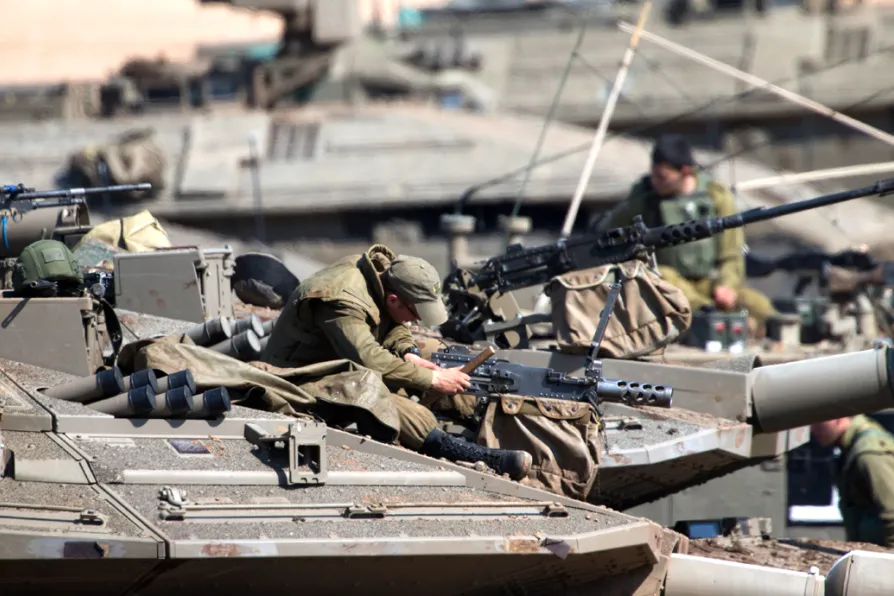Following a fratricidal period for the left with Morales and Arce at loggerheads, right-wing, anti-MAS candidates obtained over 85 per cent of the votes cast in the latest general election, writes FRANCISCO DOMINGUEZ

 Israeli tanks near the Israel-Gaza border, last week
Israeli tanks near the Israel-Gaza border, last week
THE aims of the Great March of Return protests, which began in Gaza on March 30 2018 are to put an end to the suffocating Israeli siege and to implement the right of return for Palestinian refugees who were expelled from their homes and towns in historic Palestine 70 years ago.
But there is much more to the March of Return than a few demands, especially bearing in mind the high human cost already associated with it — according to Gaza’s ministry of health, over 250 people have been killed and 6,500 wounded, including children, medics and journalists.
Aside from the disproportionately covered “flaming kites” and youth symbolically cutting through the metal fences used to besieged them for many years, the march has been largely non-violent.

With foreign media banned from Gaza, Palestinians themselves have reversed most of zionism’s century-long propaganda gains in just two years — this is why Israel has killed 270 journalists since October 2023, explains RAMZY BAROUD

Gaza’s collective sumud has proven more powerful than one of the world’s best-equipped militaries, but the change in international attitudes isn’t happening fast enough to save a starving population from Western-backed genocide, argues RAMZY BAROUD

RAMZY BAROUD asks why it has taken so long for even left-wing voices in the West to call out what Israel is doing

RAMZY BAROUD explains why the world can no longer ignore Palestine













